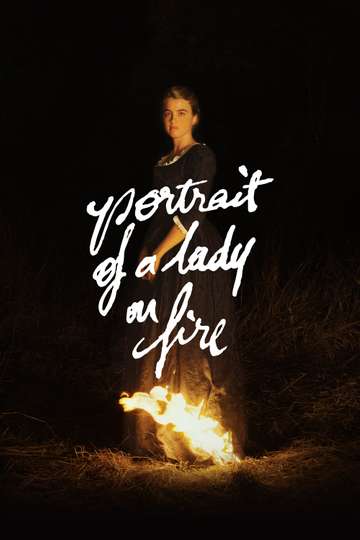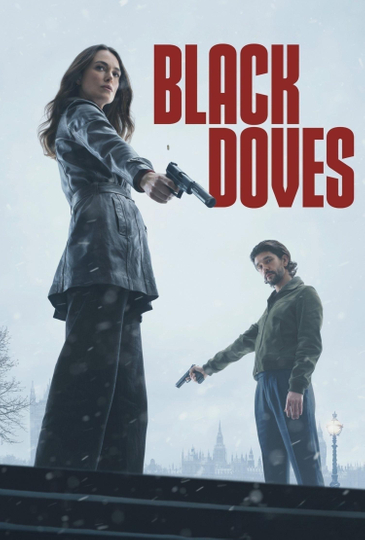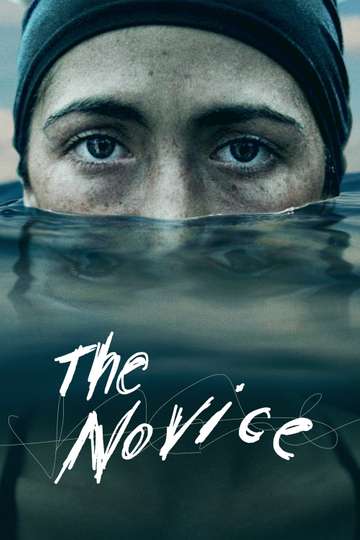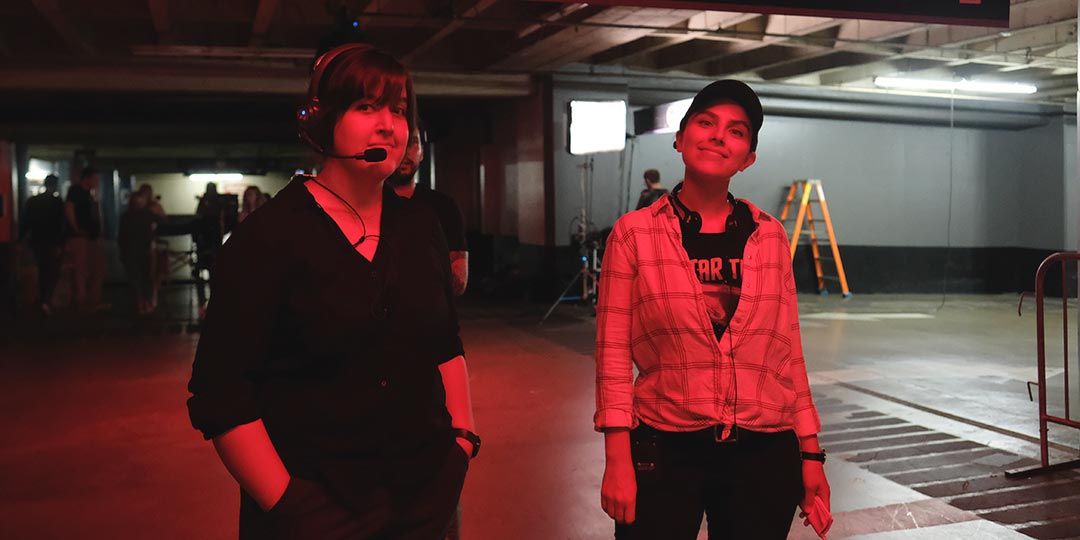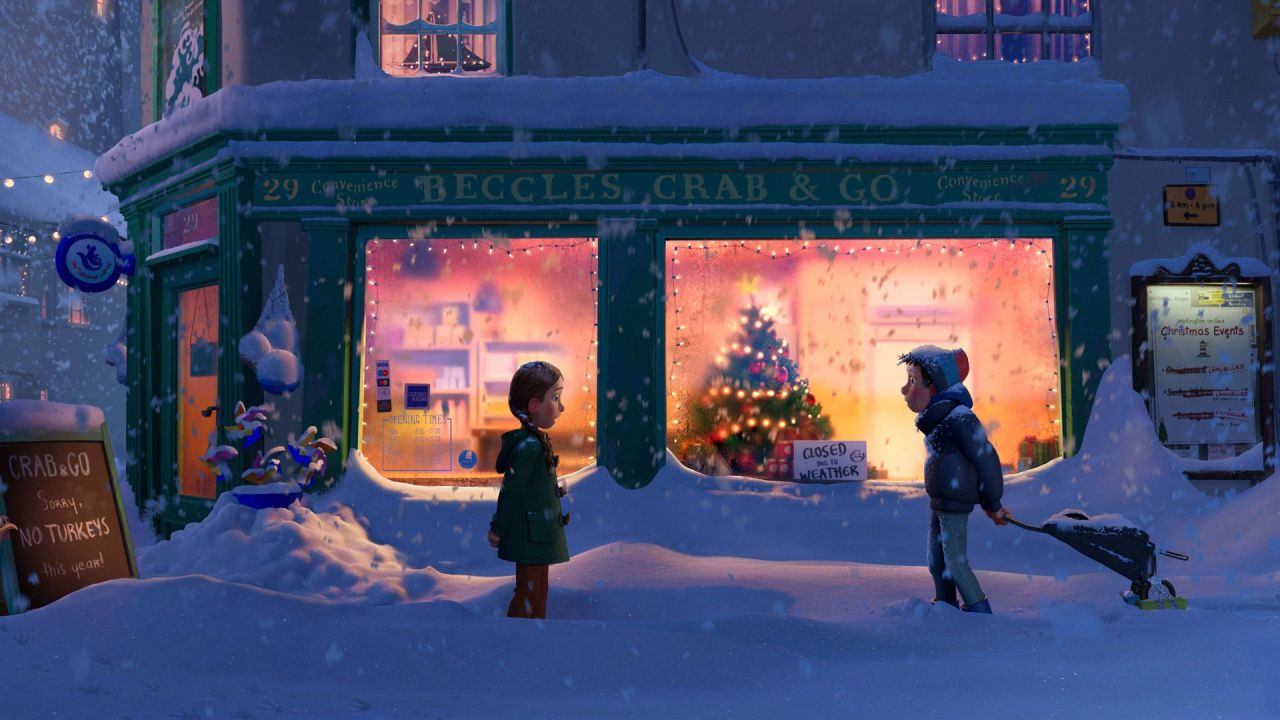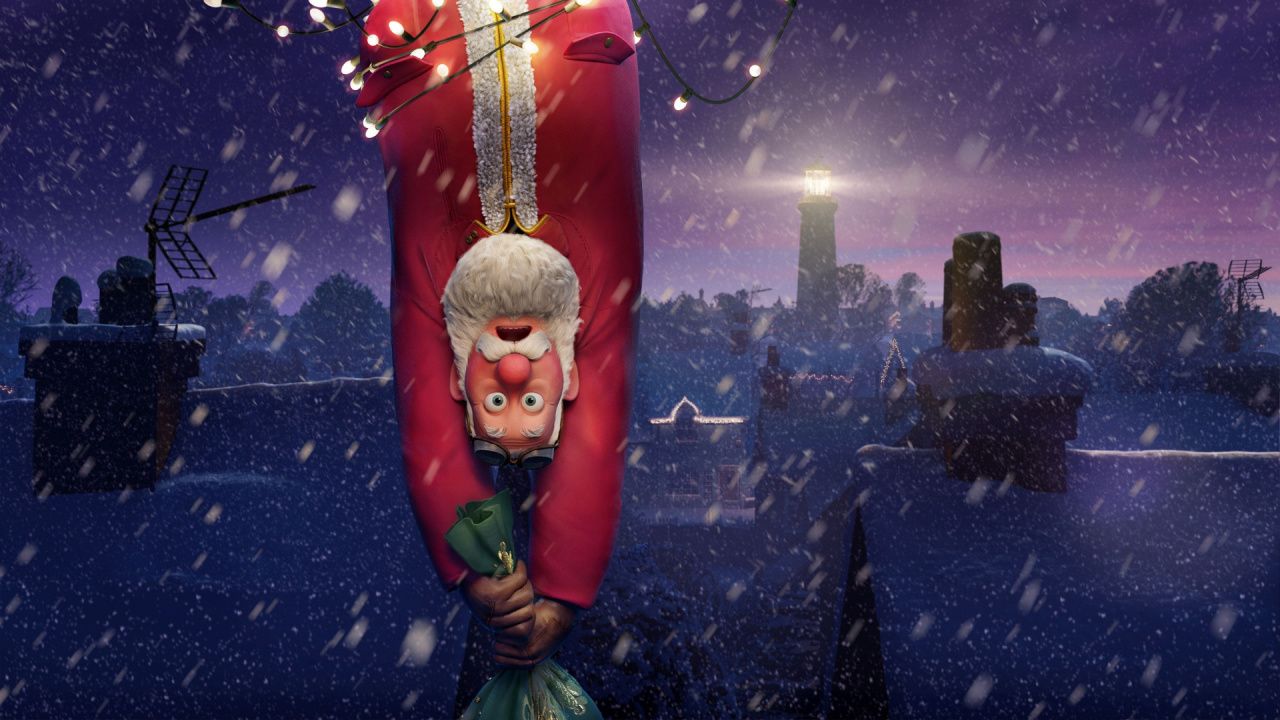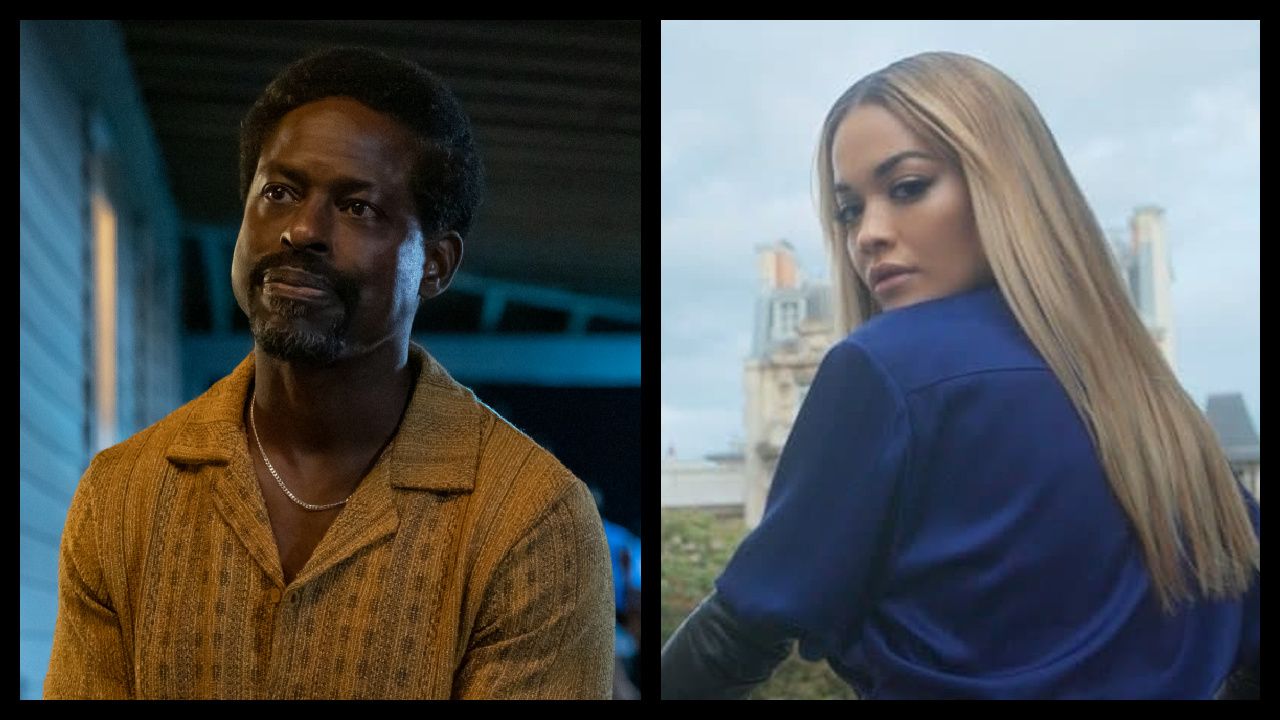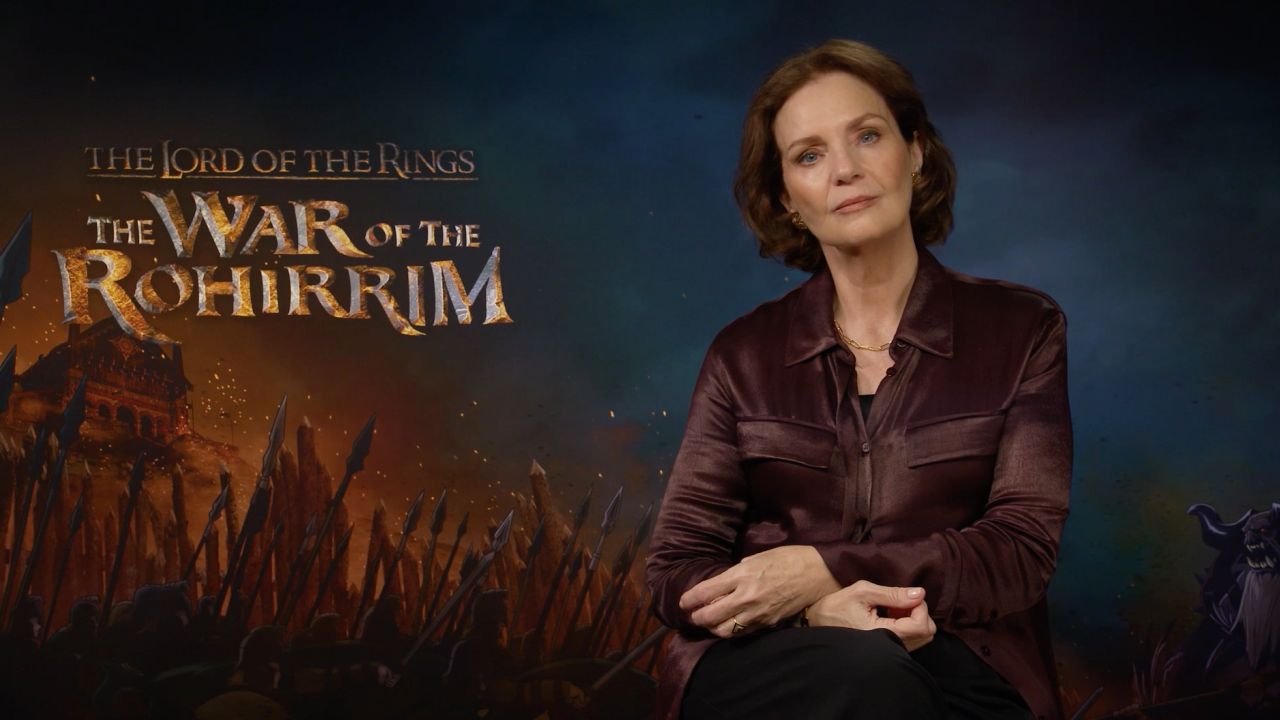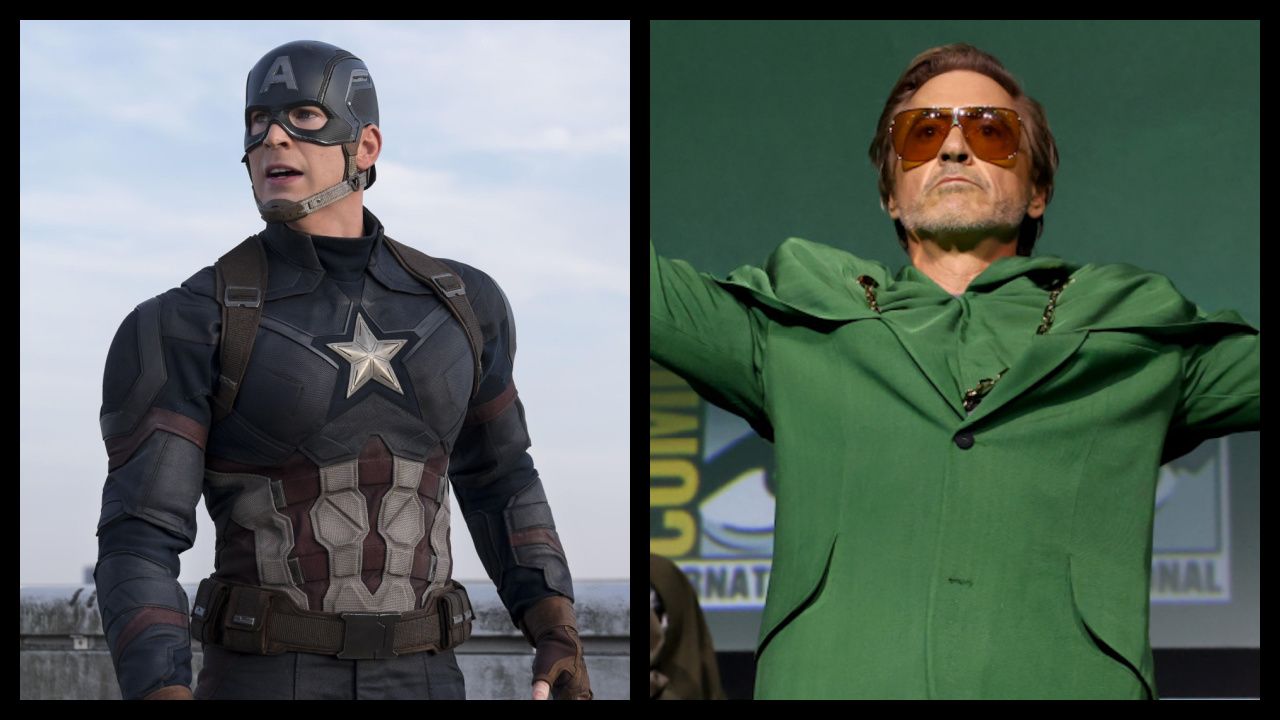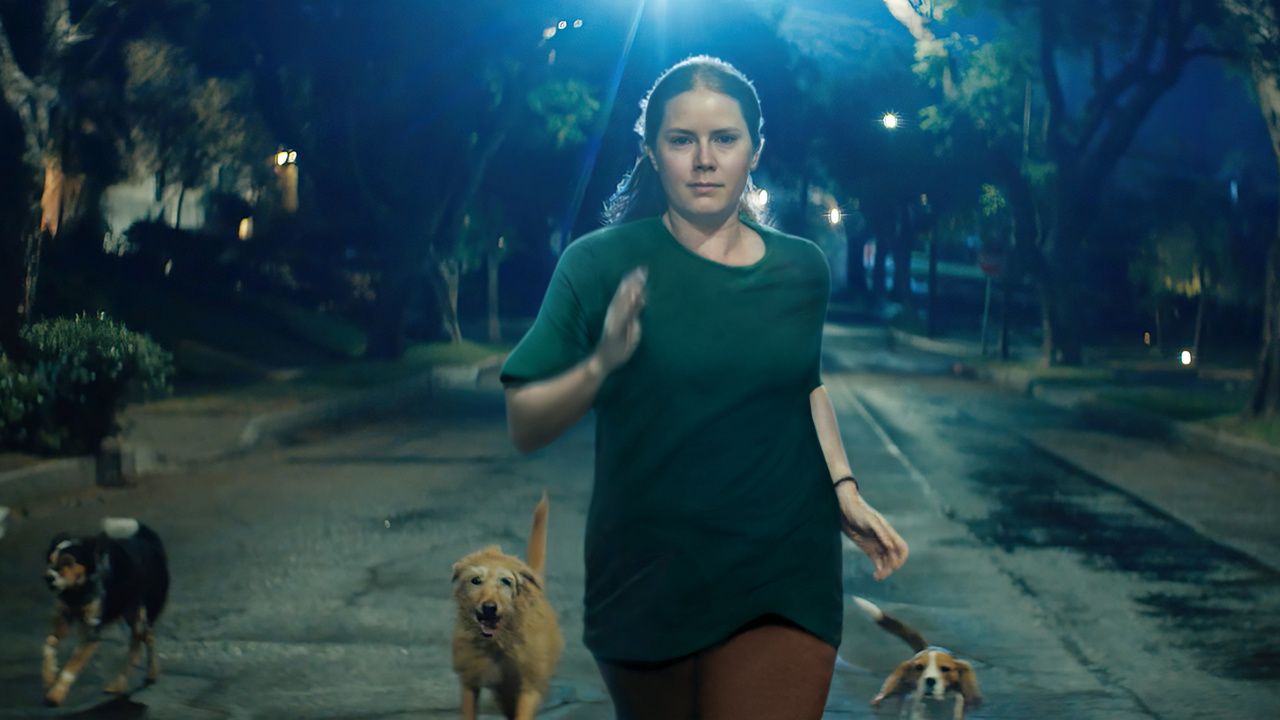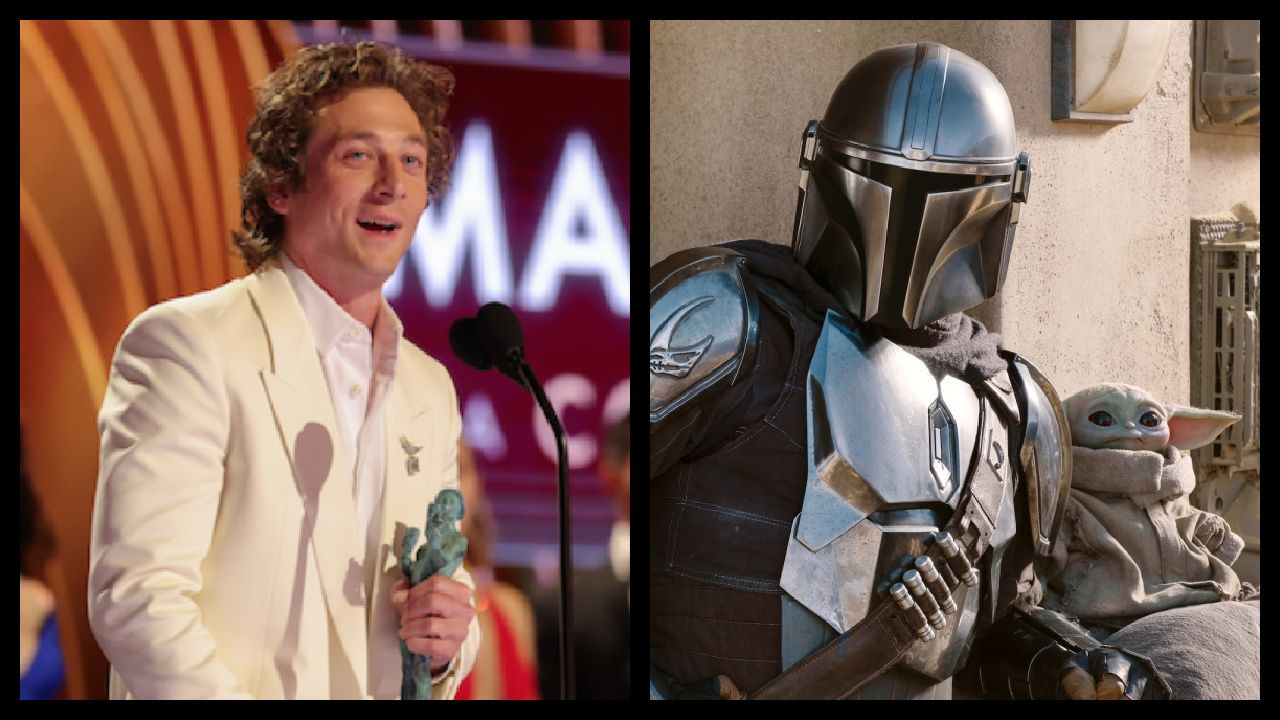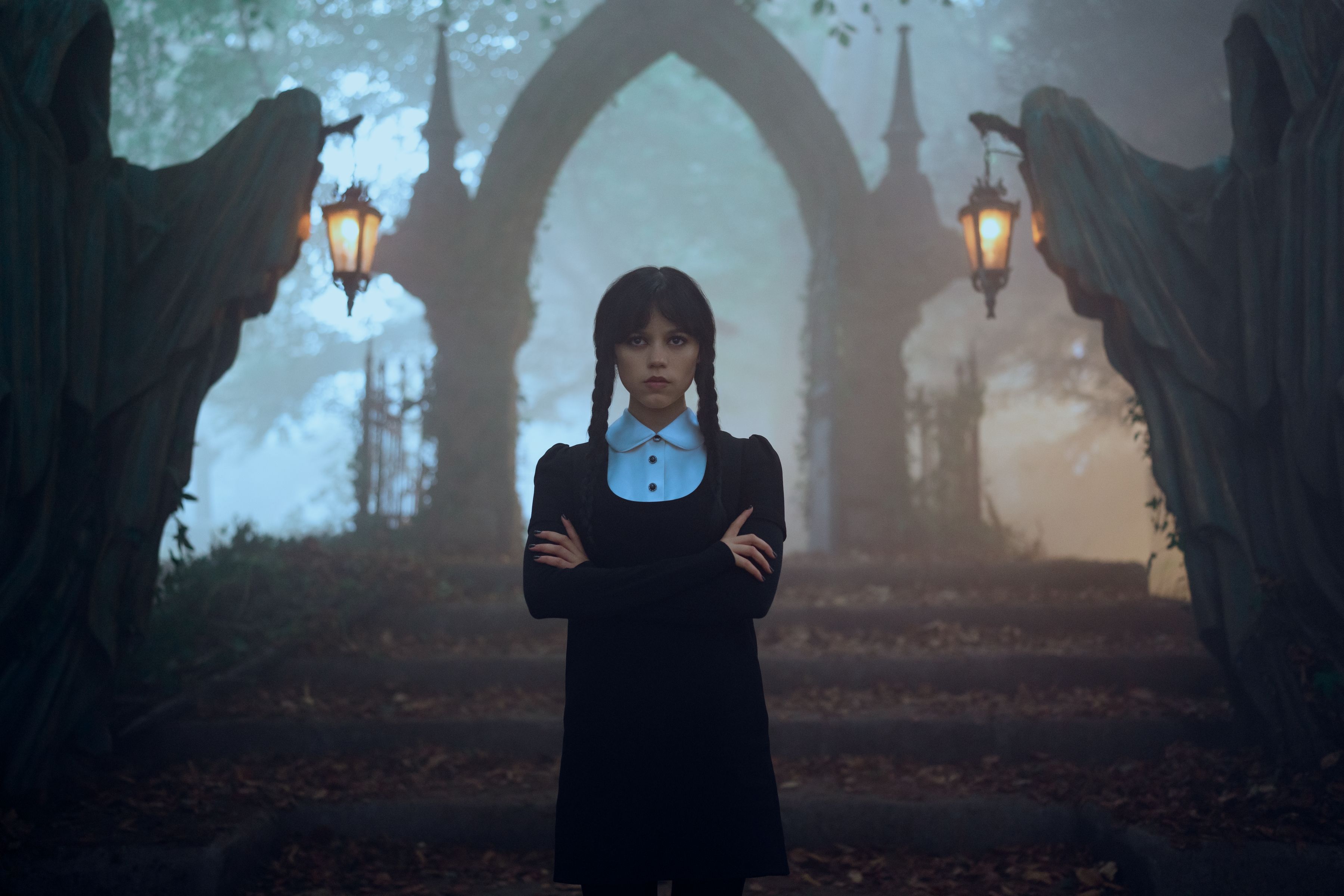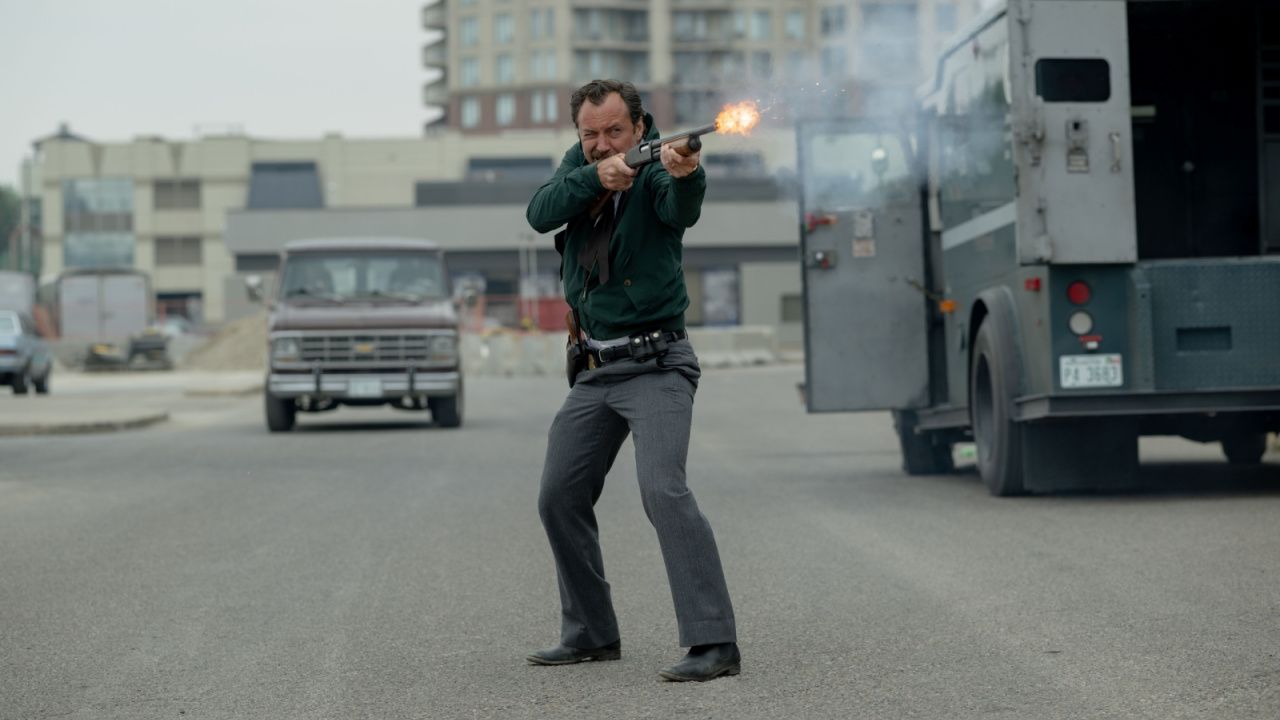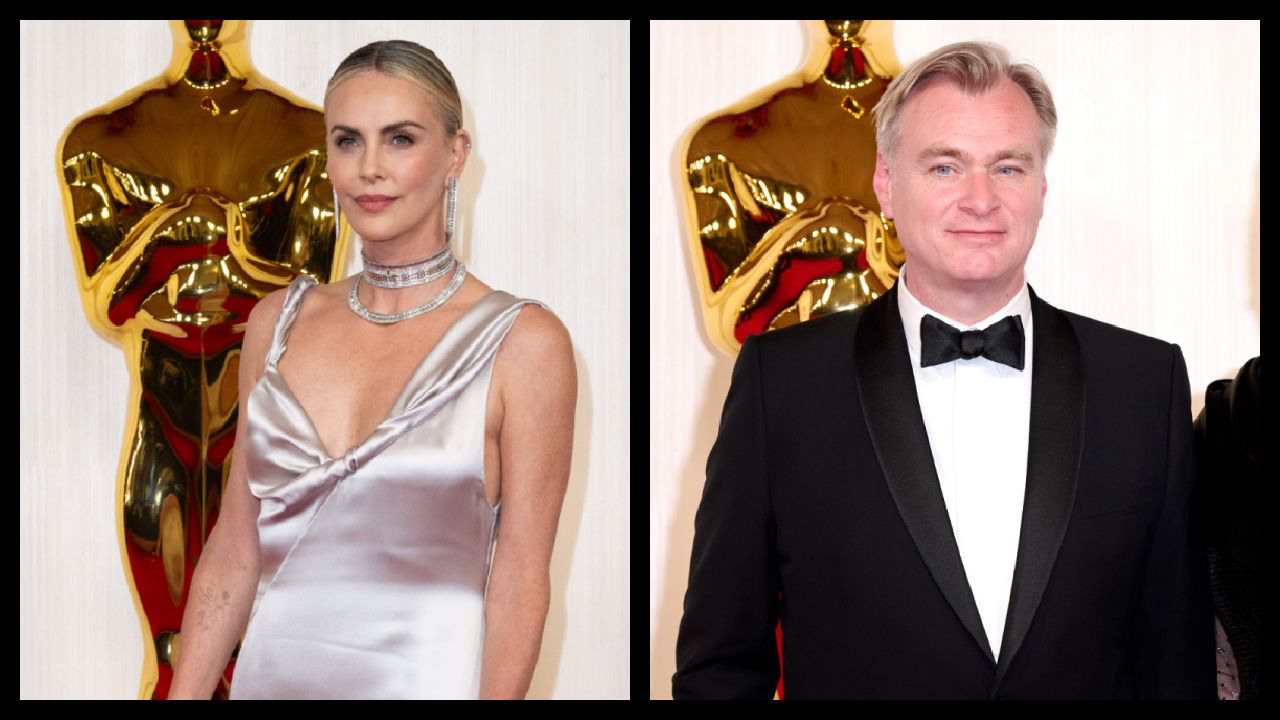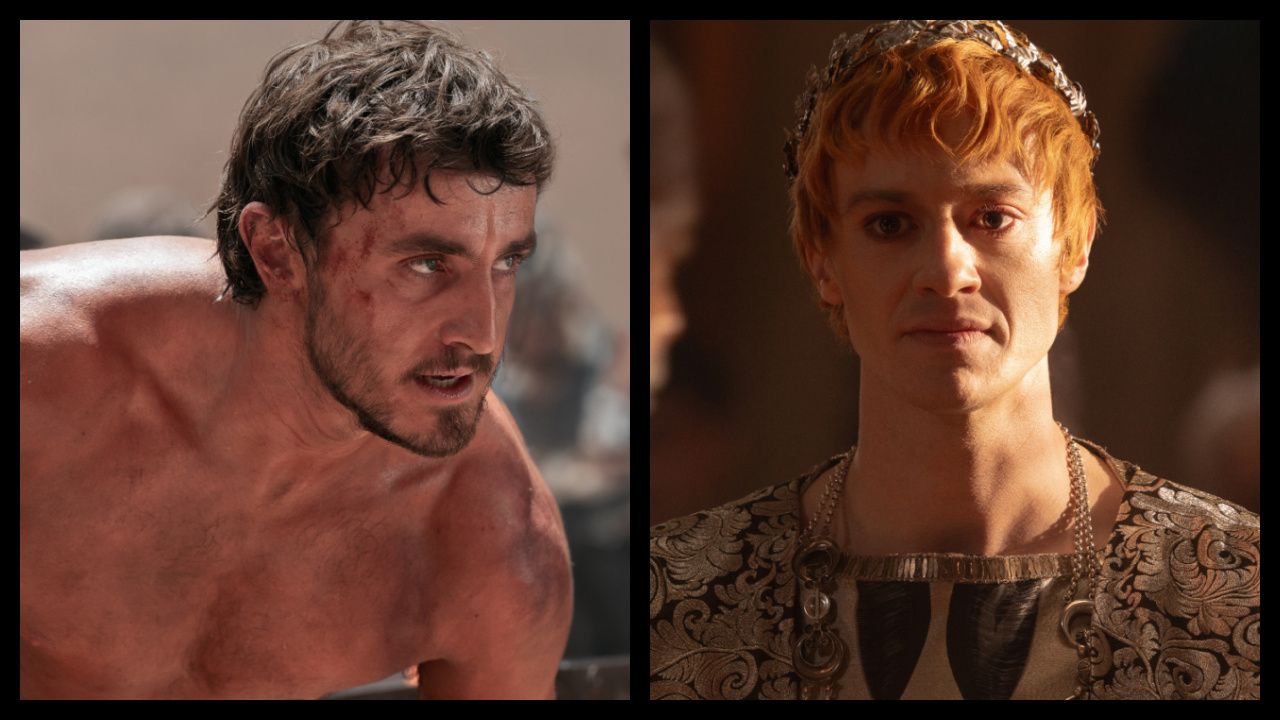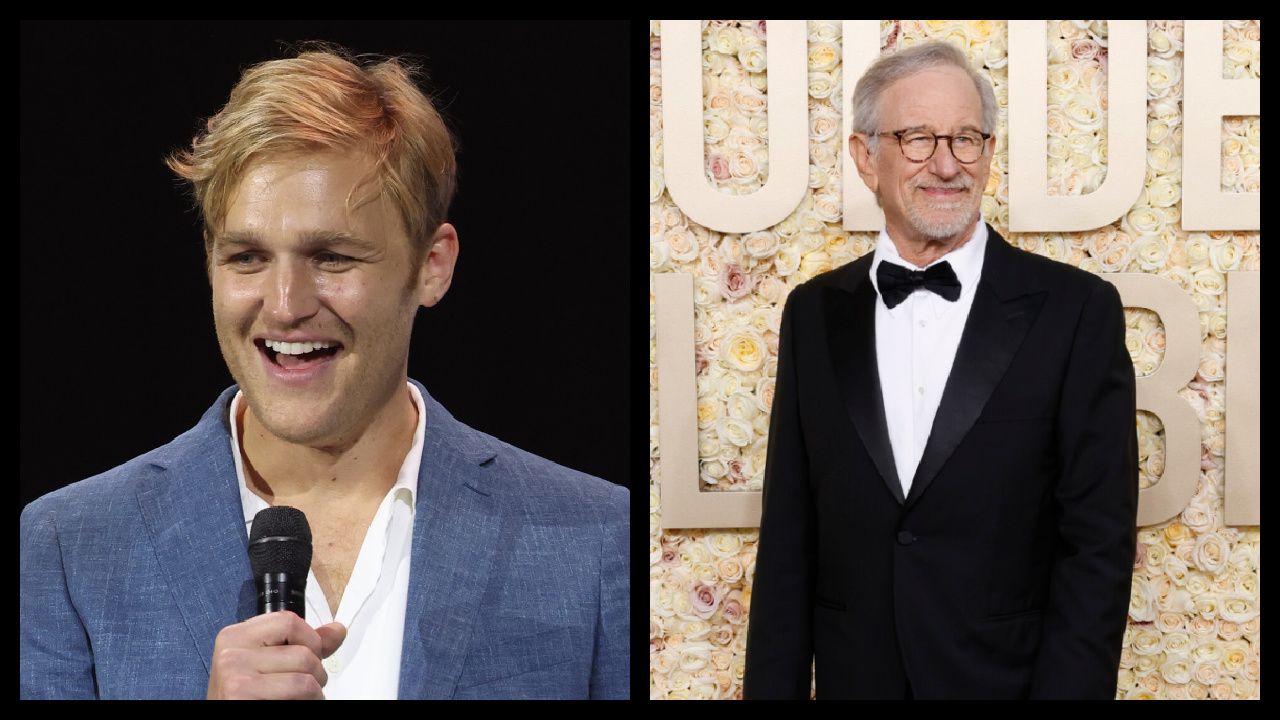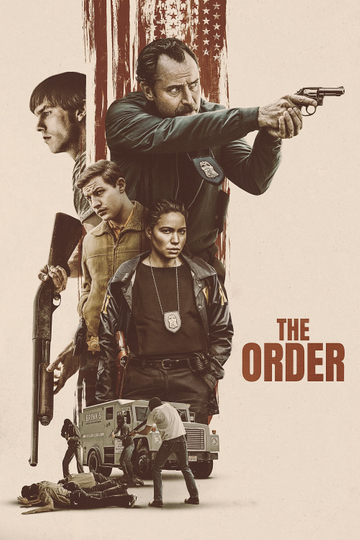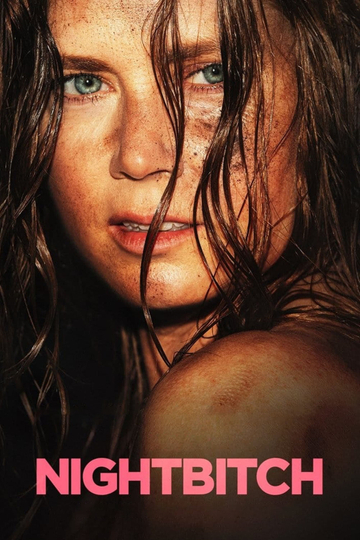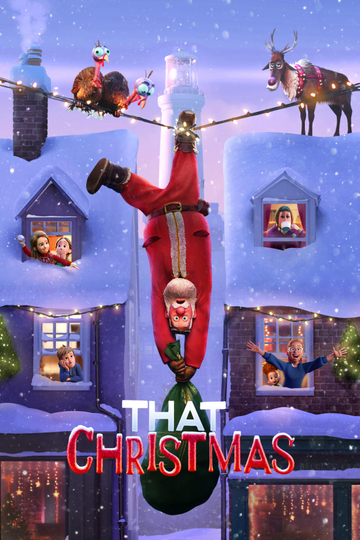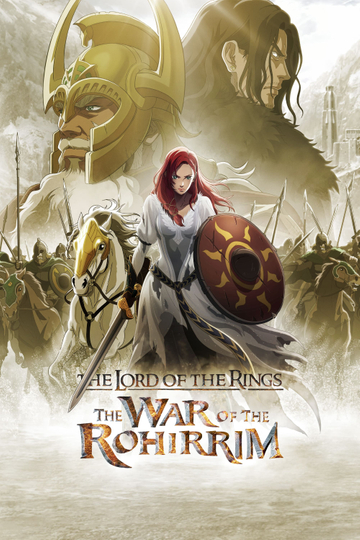Female Filmmakers in Focus: Lauren Hadaway On Her Debut Film ‘The Novice’
This week on female directors, Lauren Hadaway talks about her Independent Spirit nominated debut film ‘The Novice’ and how Céline Sciamma’s ‘Portrait of a Lady on Fire’ inspired her work. Female Filmmakers in Focus, featuring recommendations for films directed by women to seek out each week.
‘The Novice’ - written and directed by Lauren Hadaway
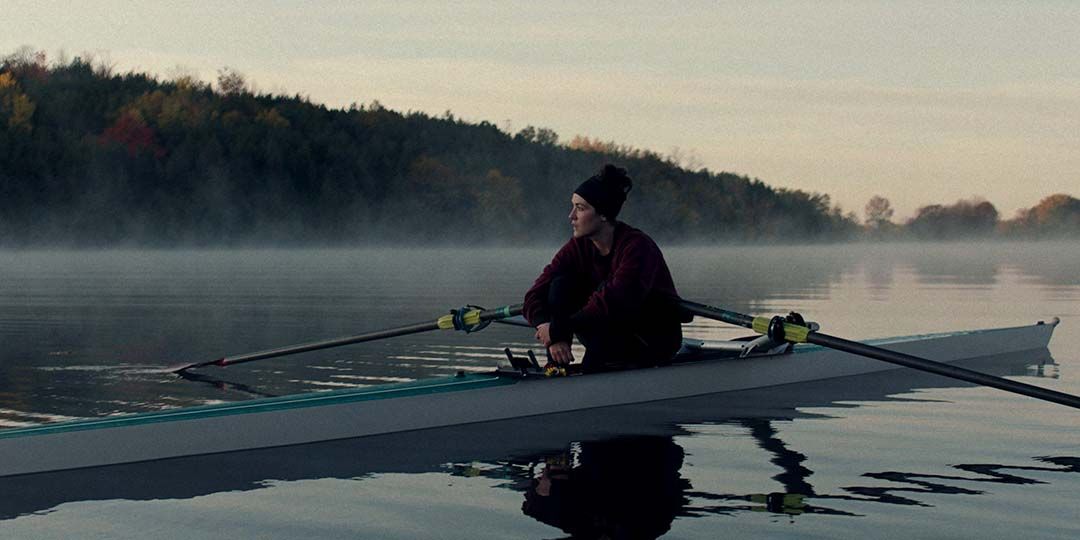
Isabelle Fuhrman in 'The Novice,' written and directed by Lauren Hadaway.
Filmmaker Lauren Hadaway graduated Summa Cum Laude with a double major in Business and Film from Southern Methodist University, where she was a competitive rower. She briefly worked as a Dallas-based reality TV editor before moving to Los Angeles in 2012. She has worked for over a decade in post-production sound, with credits that include ‘Whiplash,’ ‘Selma,’ ‘The Hateful Eight,’ and ‘The Army of the Dead’. In 2018, she was an Outfest Screenwriting Lab Fellow. ‘The Novice’ is her feature film debut as both a writer and director.
Inspired by her experience as a college athlete, ‘The Novice’ follows freshman Alex Dall (Isabelle Fuhrman) as she becomes increasingly obsessed with competitive rowing. Shot like a thriller, this drama follows Alex as she falls in love with the sport, but also allows her competitive drive to overtake every aspect of her life. We see the toll it takes on her body, her mind, and even her relationships with those around her. Featuring a fearless performance from Fuhrman, the film debuted at the Tribeca Film Festival, where it won the Best U.S. Narrative Feature Film prize. It was also recently nominated for five Independent Spirit Awards, including Best Film, Best Director, Best Editing, Best Supporting Female (Amy Forsyth), and Best Female Lead (Isabelle Fuhrman).
‘The Novice’ is available in theaters and on demand now.
Lauren Hadaway spoke to Moviefone about her new film.
Moviefone: ‘The Novice’ is inspired by your own life as a rower. Did you learn anything about yourself in the process of crafting this film and reflecting on what you were like in college?
Lauren Hadaway: With this film, I took my four years of experience and compressed it down into a year. When I was getting ready to make the film I asked some of my teammates, one in particular who I'm still in touch with who I based the character of Erin on. I asked what everyone thought about me back then? Because when you're in it, when you're in the trenches, when you're going through something day by day, it feels totally normal to you. You just assume everyone else is thinking like you and acting like you, going through the same things you're going through. I asked her, and she's like everyone thought you were fucking psychotic. I was like, oh, okay. I had no idea. So that was interesting. Having done four years of that, in the last semester of my senior year especially, I was just so exhausted because it was four years of waking up six days a week at 5am to practice. We were practicing 20 hours a week. On top of that, I was double majoring. I was taking like 18 hours of classes. I was interning and/or had a part-time job every semester and summer. I was super into the film club. Volunteering. I was in other clubs. I was just extremely overextended and just utterly exhausted. That last semester especially really felt like a test in survival, quite frankly. I would wake up in tears, I was so fucking exhausted. I learned how to have 30-second power naps in the boat when it wasn't my turn to row. I was just trying to get to the end of it.
When I came back to writing this script, it was cathartic. Like processing those fears in a way that I hadn't really done. Looking back, I wouldn't trade that time for anything. I could never do it again. But it was, as they say, character building. Even trying to create the film visually and sonically, I was trying to capture very much a love/hate relationship with sport. But also trying to capture the beauty of what I felt at the time. I have seen more sunrises already than most people have seen in a lifetime. And that’s a beautiful thing. I don't feel the desire to see a lot more, but I wanted to capture that and I wanted to capture the pain and the intensity. Now, thinking back, I don't even know how I did it. Like the amount of pain going through the daily workout. The thought of like doing that now I just, I can't even, I can't even fucking mention it.
MF: How did you work with your cinematographer to bring to life the psychology of Alex?
Hadaway: I made a pretty extensive look book going into this. I think that was actually what got people paying attention more than the script. In a lot of look books people just put up photos, but I really tried to capture the feral-ness of what I was doing, scrawling like a crazy person by handwriting things and doing a lot of stuff with it. So I had that going into these meetings. Todd Martin, the DP, this is actually his first film as well. As a producer I had worked with him and all his stuff was beautiful. They had this look to it. I looked at a lot of cinematographers and kept coming back to his stuff. We just connected. I don't have a lot of experience working with different cinematographers, but for whatever reason he and I were just on the same wavelength. He directed the photography very much so, and it was a lot of the process of discovery. I think that's the beauty of filmmaking: you have to be open to surprises and be willing to go with the flow. We were doing a makeup test with Isabelle Fuhrman at one point before shooting, and she leaned into the camera, this lens that we were trying out, and we noticed that the background of the lens like got all fucked up and kind of like doubled. The lens was actually broken, but Todd and I were like holy fuck like this is a really cool thing. That became our special lens for Alex for when she's going into a certain headspace. Things like that.
The first week we shot was Water Week, and that was a clusterfuck. We would sit down every morning and go through shot by shot and figure out exactly what we needed. Because shooting film is so limiting, but being on the water was a nightmare. We shot the final race over three days, and really had to know exactly what we needed to tell the story. The geography of where everyone is and who's looking where. We got exactly one take on most things, and we didn't have time to second guess if we got it or not. Editing that scene together was [sighs], but that was the one scene where I didn't know if we got everything we needed. But we scraped by, and we were able to tell the story of that final race because Todd and I really sat down and worked through exactly what we needed. We had to trust ourselves going through chaos. Iit was just utter chaos, but we had done the prep work.
MF: The score is incredible. How did you come to work with Alex Weston?
Hadaway: That was an 11th hour kind of discovery. The score for the film was the one thing that I wasn't sure about. I knew what the 1960s love songs were. A lot of them were written into the script. I spent a lot of time editing the film, and by the nature of that I was trying out different temp scores. I probably tried three or four different versions of re-temp scoring the whole film, which is a shit ton of work and nothing ever felt right. It was always kind of dark or too droning or on the nose, or, I don't know. Last year I was learning French as a pandemic hobby and was only allowing myself to watch French films and series and only listen to French music. At this point, it had been like six months, and I was so fucking tired of listening to French that I put on this playlist of random movie soundtracks and this track from ‘The Farewell’ came up - Lulu Wang’s film is nothing like ‘The Novice’. Not even remotely. But I was on one of my pandemic aimless drives and a track from that score came up and suddenly everything clicked in my head. I turned around, drove home and re-temp scored the entire film with a lot of Alex's tracks and some similar sounding stuff. I even cut like seven minutes out of the film. Then I sent Alex an impassioned email, saying you’ve got to come on board, you're my 11th hour inspiration. Working with him was during quarantine. He was in New York, and I was in LA, and we would be sending stuff back and forth, working on the roadmap I had put down. He was brilliant, and I would work with him kind of forever.
MF: You mentioned the 60s love songs were always part of the script. Where did the inspiration to use those songs that way come from?
Hadaway: That was the same thing as with the Alex Weston track. The inspiration came out of nowhere. The same thing with the 27 millimeter lens. These things come seemingly out of the sky. A song popped up on a Spotify playlist, probably a couple of months after writing the first draft of the script. It was Brenda Lee's ‘Someday (You'll Want Me To Want You) or ‘Al Di La’ by Connie Francis, and I just had this image. It was the foggy row. I heard the song ‘Al Di La’ on Spotify randomly somehow, I don't know how, and I had this image of basically what we shot on the first day of shooting. It was fucking brilliant. We shot exactly as I had it in my head. It went completely perfectly. That scene was in my head that way. That was the foundation, I asked the producers what they thought about using the song that way, and they were totally down. It became the kernel and I built from there.
The thing about making a film about rowing is I don't think rowing is actually that cinematic. It's beautiful in the sense that it's graceful, but people watch rowing and even though I'm telling you people are about to fucking die in that boat, it looks so peaceful and serene. So the challenge for me became, how do I make the entire film about rowing? David Fincher did a brilliant scene, but that's one scene. How do you do a whole film? How do you make an audience who 99% of them never rowed or know anything about sport, how do you make them know what it feels like to actually be doing it? So instead of being very literal with it, I really tried to frame the film as a love story. There’s the love B story in it, sure, between Alex and Dani, but the real love story of the film is between Alex and the sport, so I framed it loosely like that. You have first attraction and the clunky beginnings, the first time making love - which is the ‘Someday (You'll Want Me To Want You) at 500 frames a second. We shot that kind of like a 1990s sex scene. Then the falling in love, which is the foggy row where everything's blissful. Then slow toxic descent as the relationship crumbles. When you frame it like that, as a relationship, the songs start making more sense. I love subverting them. As the film goes on, really using sound design and fucking up the music and twisting it and pitch shifting it and making it all warbly and muffled and different things. It becomes a story element that you can keep building on and subverts what you're used to seeing, and then it's not your average inspirational sports score, you know?
MF: What were you looking for in an actress to capture the feeling you wanted of falling in love with the sport?
Hadaway: My background is in post sound. I did a lot of dialogue ADR, so I've worked with actors in that regard, but I haven't done the casting experience before. I took a piece of advice to heart that I heard one time from David Fincher at a Q&A for ‘Gone Girl’. When he casts, he really tries to think of who the actor is as a human being. Because at the end of a 12-hour day, Ben Affleck isn’t this character in this movie, he's fucking Ben Affleck. He’s tired. So when I was casting, with Isabelle Fuhrman, Amy Forsyth, and Dilone, I was looking at who the actor is really. So the auditions would come in, and I would find whoever does the scene brilliantly, but then I would sort of sleuth and try to figure out what the person was really like. Look at their social media, look at interviews, videos, and different things with them and try to get a sense of who they were.
With Isabelle in particular, her audition was brilliant. She also did an extra scene. She had props in her audition tapes, and sweat and makeup and everything. Then she wrote this letter about how she ran a relay race to Las Vegas with her friends. It was just very kind of over-eager. She was joking yesterday about how she could have written a better letter, and I'm like it wasn't what she was writing, it was that she wrote the letter. It wasn't the content so much as the fact that she did it. Then meeting her in real life, she had a binder and had the look book printed out, the script printed out with all these little tabs and things, and notebooks. She just had this very neurotic, ambitious energy about her, and I thought that those kinds of things were necessary for the character of Alex. Even though Isabelle is very bubbly and full of life and not jaded and destroyed yet like I am, she had something in her. I could sense the energy she had.
We knew from the beginning there would be no doubles, so whoever got the part, they were going to be doing the rowing and everything. This is not a sport you can pick up in an afternoon. This is an intensive thing and I needed someone who seemed resilient and physically strong and mentally resilient. Isabelle stepped into that and did six weeks of training, doing a shit ton of training right up to the shooting. Then even when we're shooting the first week Water Week, and they're out there on the water eight out of the 12 hours of shooting, she would go to the rowing tank before shooting and go to the gym after and even do more on top of that. Fincher’s advice totally worked out.
MF: Alex’s direct eye contact with the camera at the end of the film is very stirring. What do you hope the audience feels at that moment?
Hadaway: This is sort of my version of ‘The Graduate’ ending in the sense that at the end of ‘The Graduate,’ when he gets the girl, and then he's on that bus, and it's all happy, and then there's this realization of now the rest of your life is in front of you. Now what? This film is my existentialist anthem in the sense that nihilism, very crudely put, is this idea that life has no meaning period, and existentialism is that idea that life has no meaning, you choose the meaning. That is both liberating and fucking terrifying, depending on how you look at it. I think for Alex, how she finds purpose in life and meaning is through challenges. So she's gone through this whole thing and done this thing that no one can comprehend why she's doing it, but it's giving her purpose meaning, and she gets to the end, and she’s hit this point of satisfaction. I think anyone in our industry, especially as writer, director, creative, whatever, you get to the point you've done the thing, and you have that moment of like, I've done it, but then what? What's next? For her, it's that constant searching. I've always thought that half the people watching this will see all that she did and think no fucking way, not for me, not my thing. And the other half of people are gonna feel kind of fired up and want to go out and conquer the world. I think either of those are valid, quite frankly. But for me, it’s really about how you find your meaning in life. Where do you find your purpose? Where do you put your energy and your time? For Alex, she's going to be on her next journey, figuring out the next thing.
MF: Could you suggest a film directed by a woman that readers should seek out?
Hadaway: I would say ‘Portrait of a Lady on Fire’. That film inspired me to learn French and obsess over French, which led to me finding Alex West as a composer, and moving to France. I'm not a subtle filmmaker, but she's very subtle. But also, at the same time, there's this intention in that film. Particularly there are things that are very not subtle for a film that’s very quiet and very slow, there are moments in it that I think are really beautiful. It feels like a two and a half hour joke, like leading up to the last 15 minutes, which are utterly beautiful. The payoff in that is incredible.
‘Portrait of a Lady on Fire’ - written and directed by Céline Sciamma
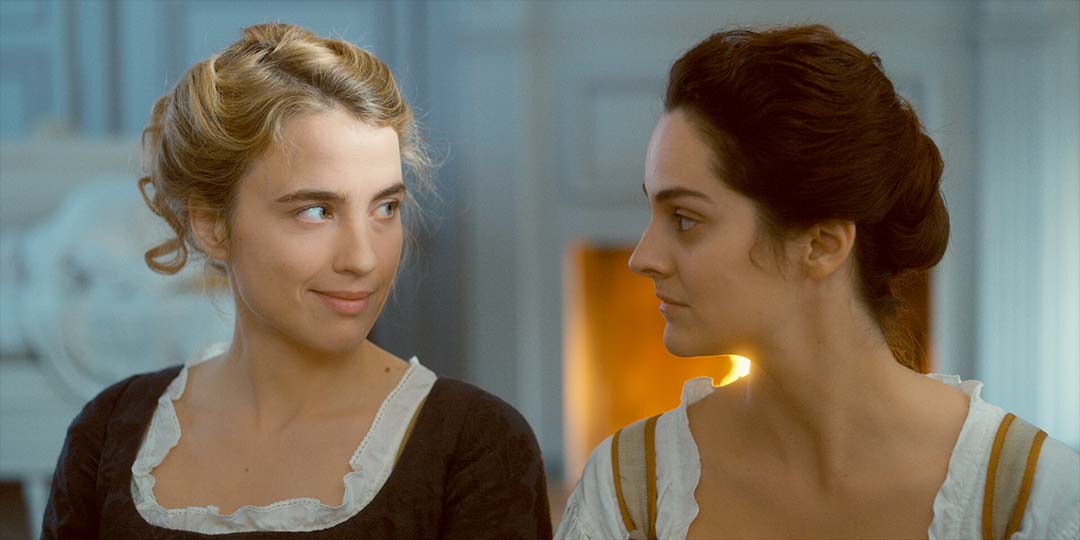
Adèle Haenel and Noémie Merlant in 'Portrait of a Lady on Fire,' written and directed by Céline Sciamma.
Céline Sciamma’s fourth feature film ‘Portrait of a Lady on Fire’ debuted at the Cannes Film Festival in 2019, where it won the Queer Palm and Sciamma took home the Best Screenplay award. A powerful voice in French cinema, Sciamma’s films center on gender and sexual fluidity of girls and women. In this love story set in the late 18th century, Noémie Merlant plays Marianne, a painter commissioned to paint the portrait of the strong-willed Héloïse (Adèle Haenel) as a gift to her fiancé in Italy. Defying expectations of gender at the time, the two fall madly in love, yet most learn to live with just the embers of their love to keep them warm later in life. Visually stunning, cinematographer Claire Mathon (‘Spencer’) won the César Award for her work on the film. In 2020, ‘Portrait of a Lady on Fire’ was added to the Criterion Collection. Reteaming with Mathon, Sciamma’s most recent film ‘Petite Maman’ debuted earlier this year at the Cannes Film Festival and has been lauded by many critics groups as one of the best films of the year.
